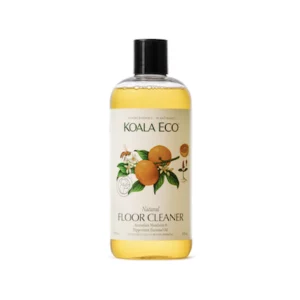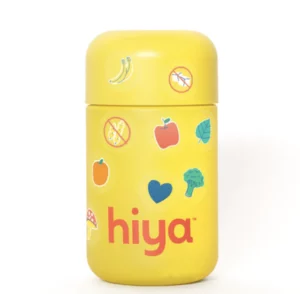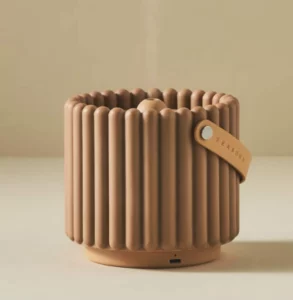We beeline to the non-gmo produce and lose hours micro-scanning the labels of our face creams, but how often do we analyze the holistic health factors of the most intimate space in our home? Our beds should be a safe haven for our bodies and minds – in a given month, we spend more time wrapped in our bedding than we do most items in our closet. But have you ever stopped to consider the toxic load of your sheets and towels?
We reached out to one of our favorite natural home textile brands, Coyuchi, to tell us more about the importance of going green in bed. Coyuchi, based in the coastal village of Point Reyes Station makes luxe, organic bed, bath and table linens with a lived-in, textural feel we love – from alpaca throws to simple, elegant organic Supima sheets. We asked CEO Eileen Mockus to talk to us a bit about why detoxing our beds matters and how to accomplish it. We were surprised by a few of her notes and are nixing the “wrinkle-free” sheets immediately. Here’s why…
The Chalkboard Mag: What are we talking about when it comes to the toxic load in textiles? Is there a short list of chemicals and/or health conditions that are of main concern here?
Eileen Mockus: Pesticides and synthetic fertilizers are heavily used in growing “traditional” cotton, so organic cotton is much safer for everyone in the supply chain. The concerns are formaldehyde (for controlling shrinkage and wrinkle resistance); toxic dyestuffs and finishing agents in processing of textiles; and heavy softeners that prevent cotton from being absorbent.
TCM: As with all things green and health-oriented you must encounter a good deal of skepticism from time to time. What do you think are the most compelling arguments are for non-toxic textiles?
EM: Cotton is tied to the farming of our food supply and should be evaluated as part of that chain. And formaldehyde is a skin irritant and can spur asthma. While it is regulated in the US, the amount is much higher than other countries in the world. Formaldehyde is not needed in textile dyeing or finishing and can be eliminated.
TCM: If our readers were going to ‘detox’ just a few textiles in their lives, where do you suggest they begin? And what should they be looking for when they shop?
EM: We suggest changing out the textiles that are next to skin, such as sheets and towels. In particular, we recommend organic cotton sheets manufactured to the GOTS standard – so they are non-toxic and safe – because we spend 8 hours a day or more in our beds (a third of our lives!).
TCM: Suggested reading for those who want to dive deep on the topic?
EM: Super Natural Home by Beth Greer; The Organically Clean Home by Becky Rapinchuk; Eating Clean by Amie Valpone
TCM: We love that Coyuchi is a California company. What local, seasonal elements are inspiring collections now. And what is your favorite piece in the collection?
EM: We continue to be inspired by the natural surroundings in California, particularly the ocean with a range of blues in the assortment. My favorite piece in the Spring collection is the Sutro Stripe Beach Towel with bright colors and a unique construction – it’s absorbent and great for wrapping up in after a swim.
TCM: 3 Most important steps for consumers to take:
EM: First, purchase certified organic cotton home textiles; organic cotton textiles should be produced according to GOTS standards so they are non-toxic and safe for the environment. Second, look for products that are not wrinkle free or easy care to be sure they weren’t processed with formaldehyde. Third, avoid fabric softeners.




















